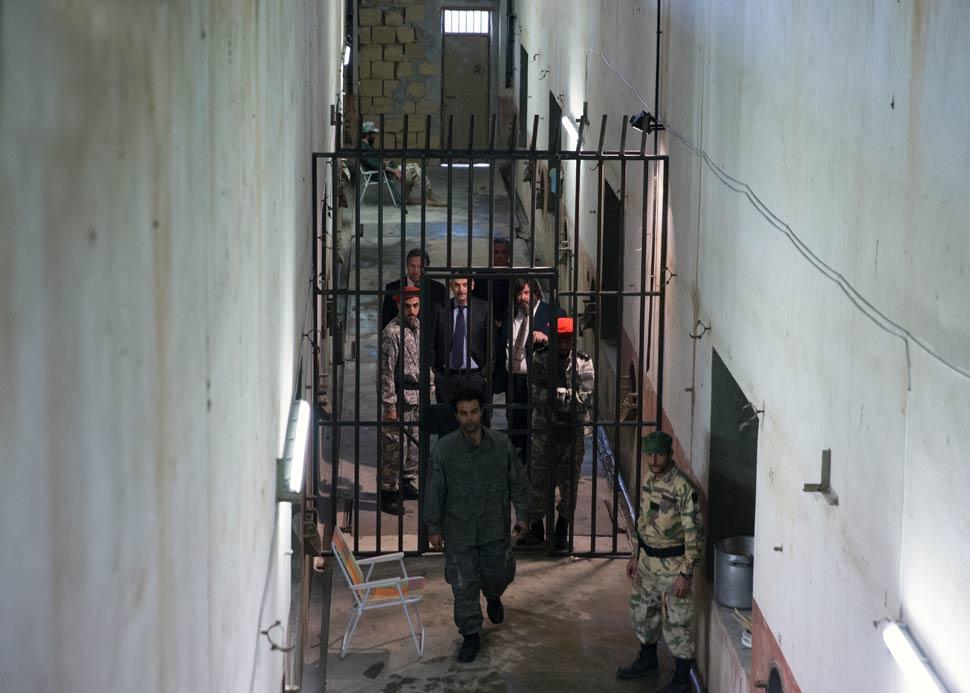Italy, France / 112’
language Italian, English, Arabic
cast Paolo Pierobon, Giuseppe Battiston, Valentina Carnelutti, Olivier Rabourdin, Fabrizio Ferracane, Yusra Warsama, Roberto Citran, Fausto Russo Alesi, Hossein Taheri
screenplay Marco Pettenello, Andrea Segre
cinematographer Valerio Azzali
editor Benni Atria
production designer Leonardo Scarpa
costume designer Silvia Nebiolo
music Sergio Marchesini
sound Alessandro Zanon
Andrea Segre - L’ordine delle cose

SYNOPSIS
Corrado is a high-ranking official of the Italian Ministry of the Interior specializing in international missions to combat illegal immigration. The Italian government has picked him to deal with one of the thorns in the side of European border control: the smuggling of people by boat from Libya to Italy. Corrado’s mission is a highly complex one. Post-Gaddafi Libya is racked by deep internal tensions and squaring the Libyan reality with Italian and European interests seems impossible. Corrado, together with his Italian and French colleagues, moves between corridors of power, ports and detention centers for migrants. He is under great strain, but this grows even stronger when he breaks one of the main rules of self-protection for those working to counter immigration: never get to know any of the migrants, consider them only as numbers. But Corrado meets Swada, a Somali woman who is trying to escape from detention in Libya and crossed the sea to join her husband in Europe. How to reconcile the law of the state and the human instinct to help someone in difficulty? Corrado tries to find an answer in his private life, but his crisis grows ever deeper and worms its way dangerously into the order of things.
DIRECTOR'S STATEMENT
Corrado’s state is one in which many of us find ourselves in this age that seems to have accepted injustice as part of life. The tension over immigration in Europe is bringing the very identity of the continent into question. Corrado and his story reflect this crisis of identity. I have sought in him, in his sense of order and his emotional strain, those of our civilization and our time. We know very well the extent to which we are abdicating our principles by denying rights and freedom to human beings from outside our space, but we try not to admit it to ourselves, or even to be proud of it. It is this crisis that has guided me ethically and aesthetically in describing Corrado’s world, a world both reassuring and troubling.

